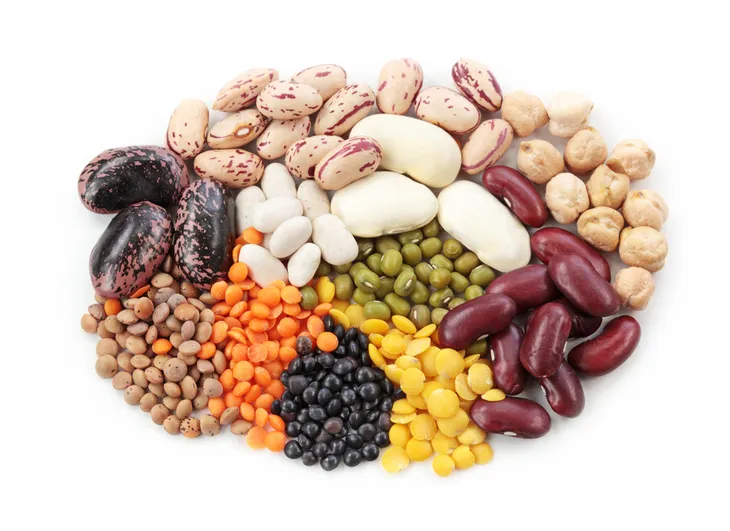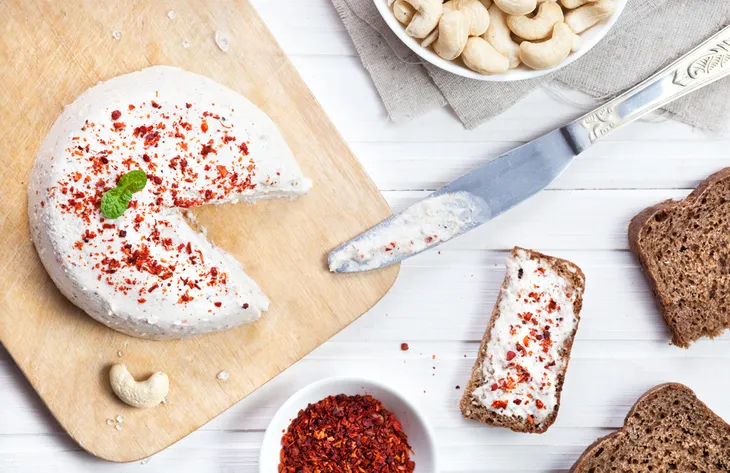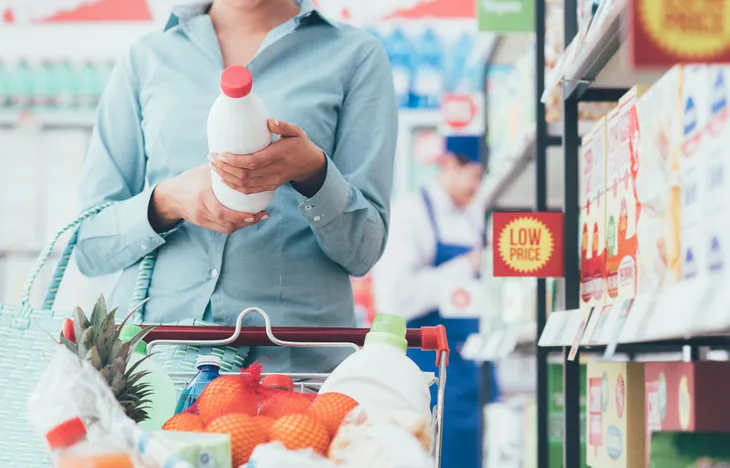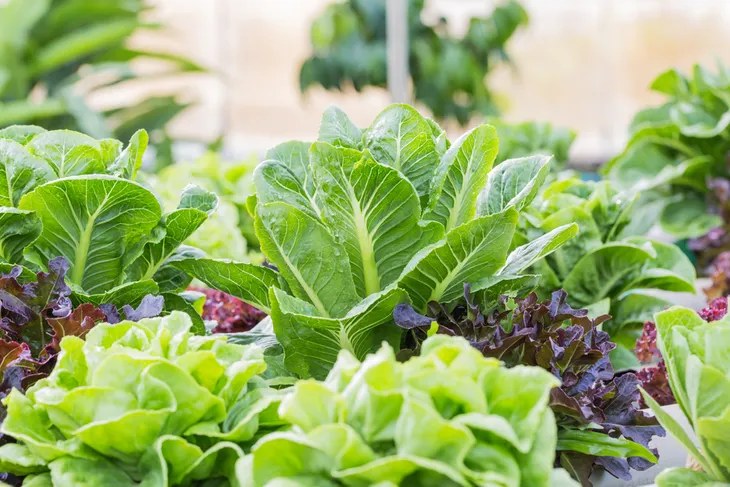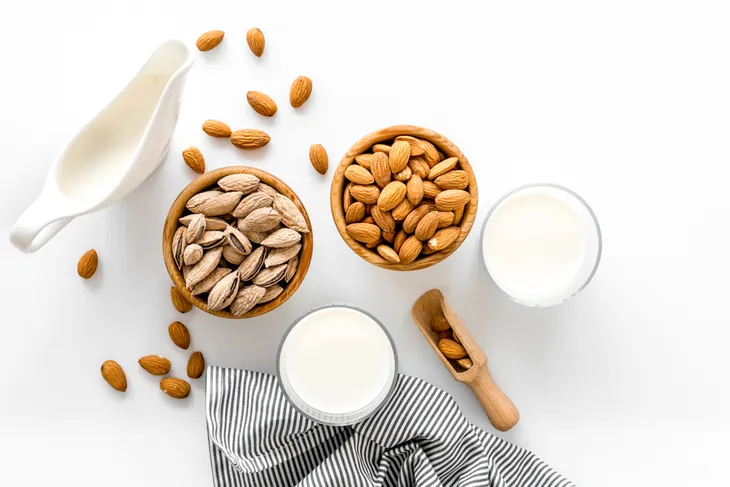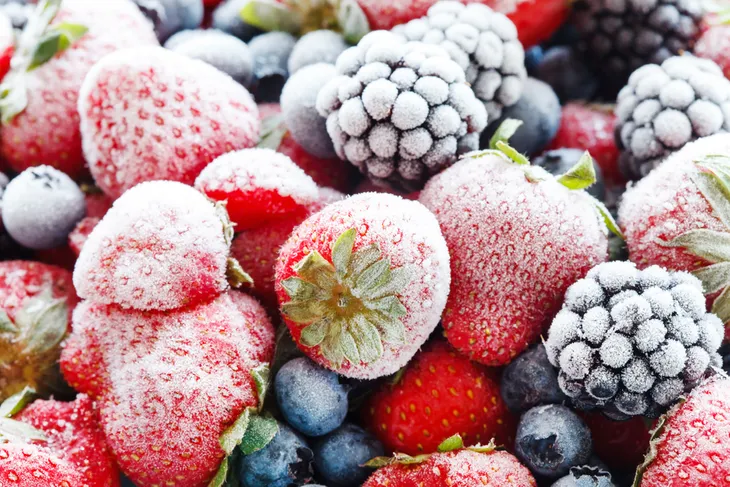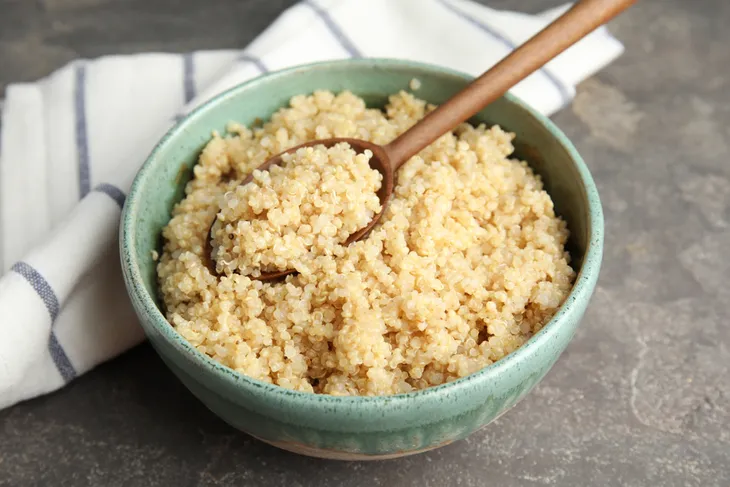Regardless of if you go vegan for the sake of dining animal-free or if you go vegan as purely dietary preference (like I did), here are eight vegan tips to keep in mind to stay properly energized and adequately nourished…
Discover New Proteins
You can get protein sources from foods other than meat. That’s why a healthy vegan diet consists of non-animal proteins such as soy and tofu, beans, lentils, and quinoa. Nutritionists recommend a daily protein intake of roughly 0.8 grams of protein per each kilogram of body mass—which equals about 50-grams of protein for a 130-pound female daily.
Start Small
Baby steps are a good place to start when making large changes to your diet. Nutritionists suggest starting small by gradually replacing meat in meals with protein-rich, plant-based foods so you can access any changes that take place—for instance, lagging energy levels or unbalanced mood swings.
Boost B12
Vegans are most prone to vitamin B12 deficiency due to the fact that this B occurs naturally only in animal foods and B12-fortified foods. If you’re feeling suddenly sluggish, weak, depressed or suffering from constipation, you may very well be suffering low B12 levels. Take a supplement to restore B12 levels and talk to a nutritionist about B12 fortified food options.
Read Processed Product Labels
In the early stages of my vegan diet, I was naturally drawn to soy-based foods for their convenience and high protein levels. However, much controversy swirls around soy when it comes to increasing the risk of cancer, hypertension, and heart disease. Food professionals point to the high sodium levels in processed tofu, miso, and tempeh products. So be sure to read labels carefully.
Boost Iron Intake
Iron in the form of heme (from animal sources) is scarce in vegan diets. However, non-heme (less easily absorbed, non-animal sourced) iron can be gleaned from foods like sunflower seeds, dried raisins, legumes, and leafy greens. According to nutritionists, you just need to consume more of it for adequate iron absorption.
Look to Non-Dairy Calcium Sources
Calcium from dairy products (i.e., cow, goat, and sheep) is not an option for vegans. However, you can still satisfy your calcium intake (1,000-milligrams daily according to the National Institute of Health) with non-dairy, calcium rich sources—such as calcium-fortified cereals, soy and almond milk, leafy greens, and soy and tofu with added calcium sulfate.
Buy Frozen Off-Season
Foolishly, I began my vegan diet in the late fall…just in time for the winter freeze. This meant that the farmer’s market produce that I had relied on, suddenly became scarce a month into my new diet. Luckily, instead of resorting to processed foods, frozen fruits (i.e., mixed berries and mangos) and frozen veggies (i.e., stir fry and soup stock veggies) became my go-to come winter. I was even able to purchase frozen bags of edamame, and dry bags of beans and legumes at my local grocery store.
Enjoy the Versatility of Quinoa
Quinoa is my go-to grain since becoming a vegan. This super seed is not only versatile—it can be enjoyed for breakfast (as cereal), lunch (as soup or salad filler), and dinner (as a great base for stews and stir fries). Each cup contains roughly 8-grams of protein and plenty of essential amino acids, making quinoa the “perfect protein” for vegetarians, vegans, and those who just don’t eat enough animal protein.

